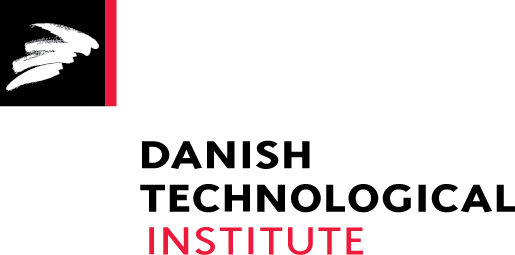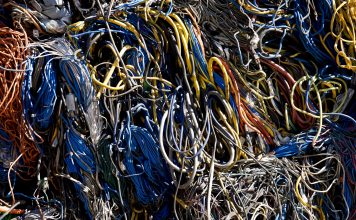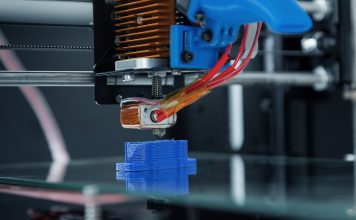Europe’s one stop shop for printed and embedded electronics services and infrastructure access: LEE-BED
The demand for flexible, stretchable and embedded electronic technologies are growing rapidly due to the growth in IoT, eHealth, automotive, wearables and other similar application areas. At the core of this demand is printed electronics, which uses know printing technologies, such as screen, flexographic and even ink jet printing, together with functional inks to fabricate electronics directly onto plastic foils, paper or even textiles.
One of the largest barriers for implementation of printed electronics is getting the knowledge of what is possible to the industry that in many cases does not have a large knowledge about the topic. Furthermore, providing straight forward services and access to laboratories is also difficult since printed electronics requires development on many disciplines such as (nano)materials, formulation chemistry, manufacturing technologies, testing, electronics, etc., which requires more than one service provider.
LEE-BED is a Horizon 2020 project, with the main goal to form an open innovation test bed (OITB), which provides services and pilot line access within printed and embedded electronics, through a simple and straight forward single entry point (SEP). This article will describe how this the SEP works in practice and what services and pilot lines are accessible. Finally, a few industrial end user cases will be described and how LEE-BED assisted them with implementation of printed electronic technologies.
Danish Technological (DTI)
Danish Technological Institute is the largest technological service provider in Denmark and one of the biggest in northern Europe. Founded over 100 years ago, the institute’s core business lies in providing technological services to industry, especially SMEs. SMEs constitute over 90% of DTI’s client base with over 14,000 assignments annually to this sector. The institute’s expertise is divided into seven divisions covering building and construction, materials, environmental technology, production and innovation technology, energy & climate, meat research and technologies and agriculture. These together contain some 33 specialist competence centres with over 22 accredited laboratories providing testing and certification services. The institute is recognized as the leading training and educational institution with focus on industry in Denmark and abroad. DTI also advises SMEs in the electronics sector on new business development opportunities and assists in the transfer of new technologies.
Within the production division the Centre for Nano Production and Micro Analysis (N&M) works within the commercialization of nanotechnologies. N&M’s conducts commercial surveys annually for over 200 different companies with nano characterization and micro machining and is ISO17025 certified. On top of this, N&M is involved in several national and European projects focused on development and production of nanomaterials for nano-catalyst and printed electronics applications as well as digital production technologies and energy systems, including the OITB project LEE-BED. DTI Printed Electronics section of N&M is currently working with development of nano Ag and nano Cu materials, ink formulation as well as digital production using ink-jet printing. On top of this DTI will act as the single entry point for industry wanting to access LEE-BED services and pilot lines.












